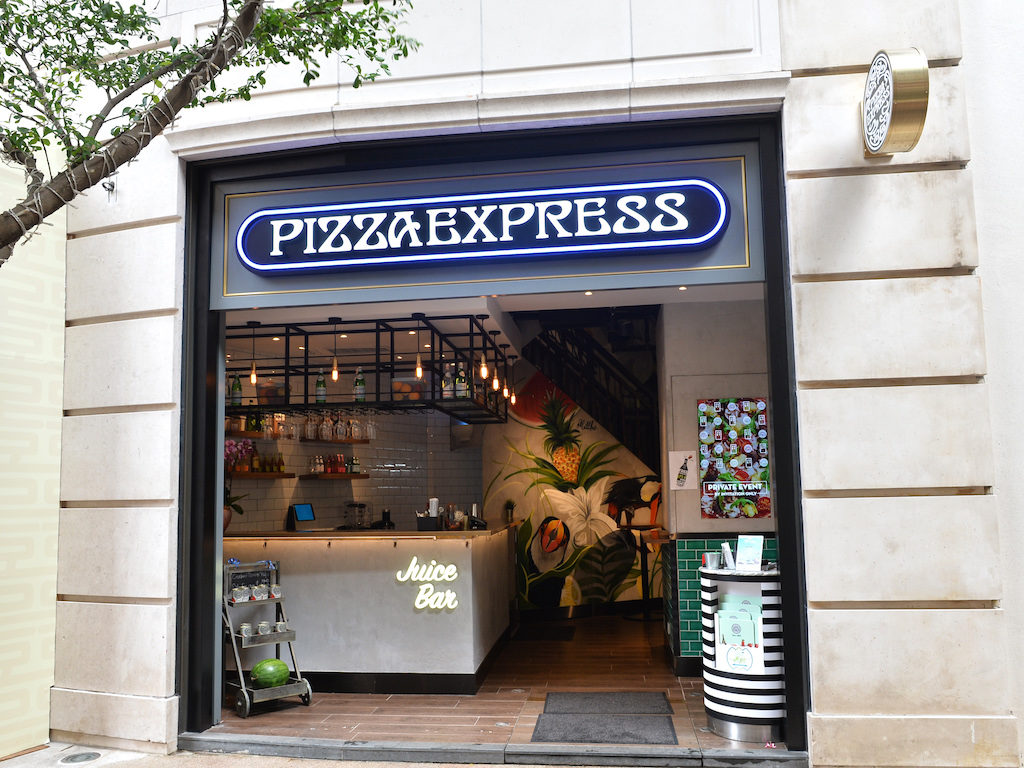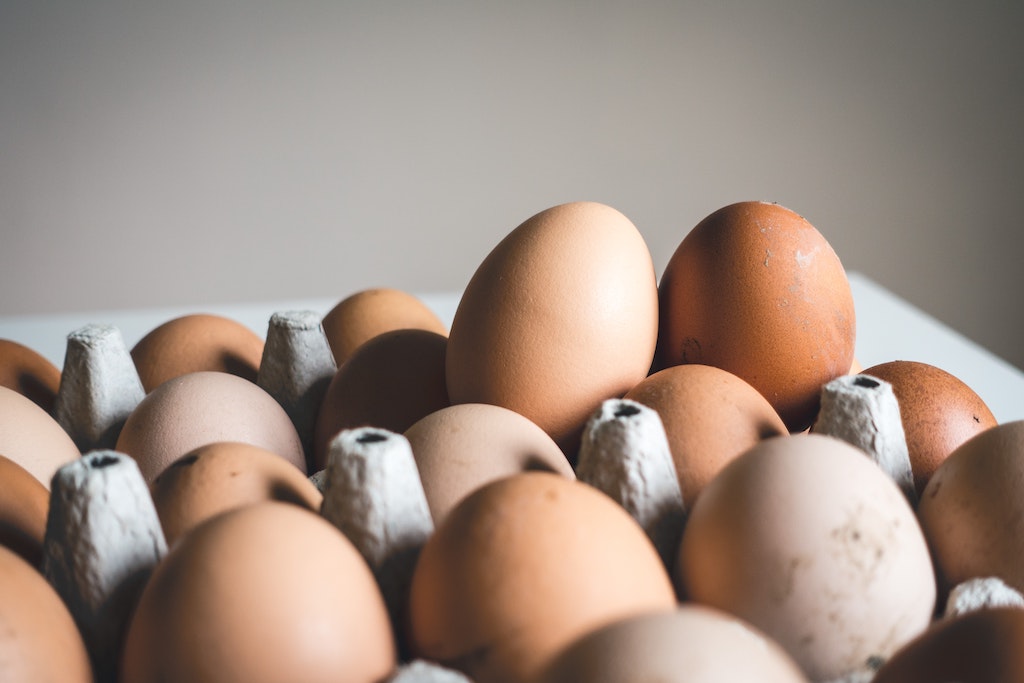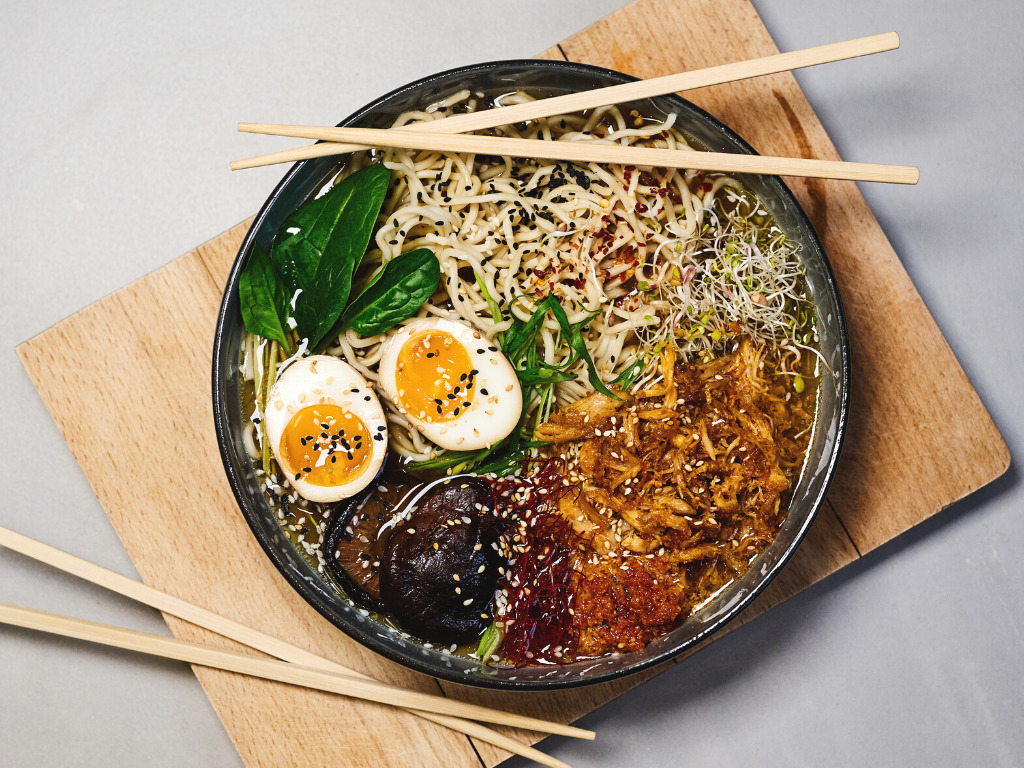3 Mins Read
A new report finds that 70 percent of Asian food companies across the world’s largest egg market are shifting away from battery cages or caged eggs.
Battery cages for egg-laying hens are on their way out across five Asian countries: India, Indonesia, Japan, Malaysia, and Thailand, says a new report from Singeria Animal.
“Asia is the largest egg producer in the world. In this region, more than one billion eggs are laid by hens annually, and the majority are from conventional battery cages: a system that is considered so cruel that it has been banned across the EU, Canada, New Zealand, and nine states in the US. Fortunately, our results show that companies in Asia understand that battery cages must go and are changing to more animal friendly practices too”, says Phichamon Thamasook, Sinergia Animal’s Corporate Communications Manager in Asia.
Going cage-free
The group looked at more than 50 leading food companies including Aramark, Kraft Heinz, Lotus’s, Marriott, Pizza Express, SaladStop!, Unilever, and Wyndham Destinations—all of which have made significant strides toward replacing battery cages. Singeria says a total of 32 companies operating in Asia responded to its request for information with 16 percent reporting progress in sourcing cage-free eggs within Asia. These include Kraft Heinz, Pizza Express, and SaladStop!.

Battery cages have long been an industry standard that confines egg-laying hens to cages too small to stretch their wings fully. It also prevents natural behaviors including perching, nesting, and foraging.
While cage-free operations have also been criticized for lack of access to fresh air and overcrowding, leading animal welfare experts say it’s a step in the right direction.
Globally, more than 2,300 companies have moved away from battery cages over the last decade. Singeria Animal says Asia, which houses nearly 2 billion egg-laying hens, is becoming an important territory for cage-free policies.
“We expect to see even more progress towards cage-free egg production in Asia in the coming years. Consumer concern about the origins of their food is increasing, causing companies to look to improve animal welfare standards,” says Thamasook.
Cage-free eggs in China
Last year, China set a new standard for cage-free egg regulations aimed at defining which eggs and egg products can be promoted as cage-free. Estimates suggest the demand for eggs across Asia will climb to more than 3 billion eggs annually, with China leading the demand.
The regulations will include farm visits by independent firms for auditing and verification even after a farm has received certification.

“Producers or food companies who do not pass the regular audit will not be entitled to use the ‘cage-free’ mark anymore. In both of these ways, China’s new cage-free standard is actually more rigorous and more comprehensive than that of some other countries, such as for example the US,” Mutzu Huang, program manager at Lever China told FoodIngredientsFirst last November.
“More than a dozen egg producers are currently going through the on-site audit and verification process after the standard was released and we anticipate that the majority of them will be approved soon,” Huang said.
“There is a detailed verification process to ensure that laying hens are never confined in cages, as well as to ensure that other animal welfare and food safety parameters that are part of the cage-free standard are also met.”
Image courtesy Canva



